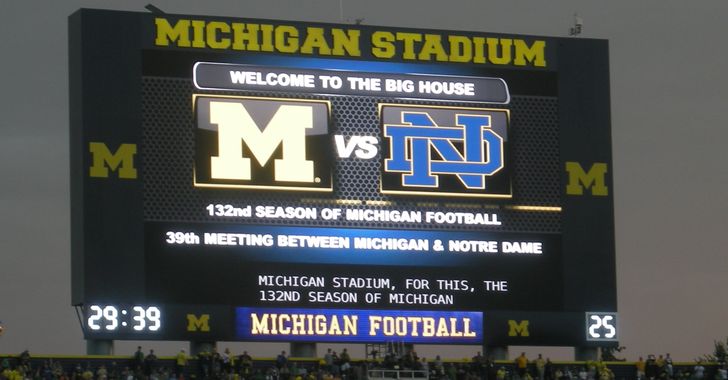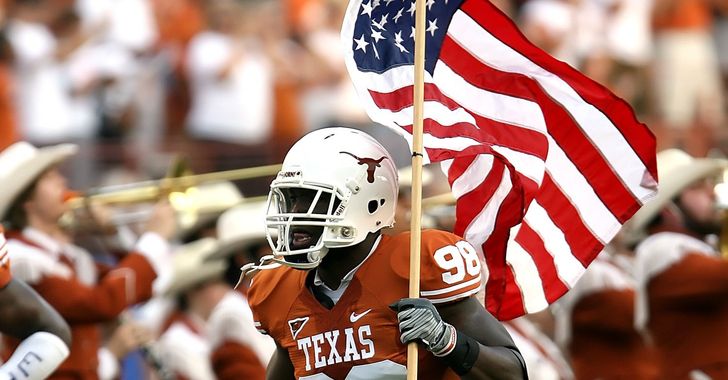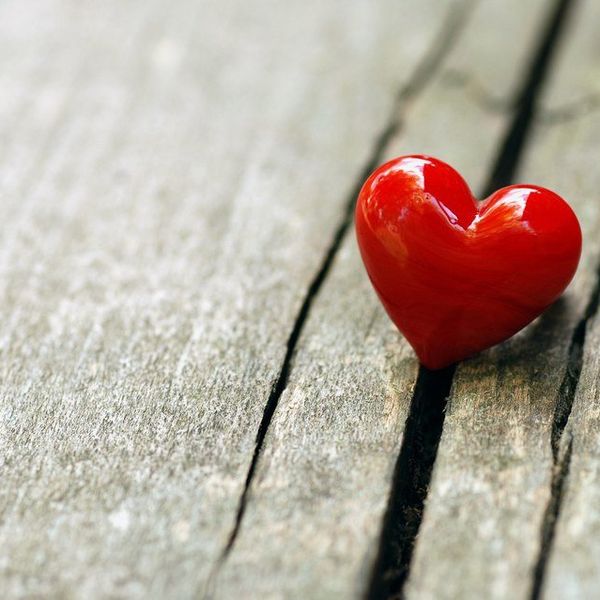As we approach three months since the beginning of many shelter-in-place orders across the country, many places in the United States have began the process of reopening businesses, bars, restaurants, and other large gathering venues. The coronavirus (COVID-19) pandemic has resulted in a staggering number of lost lives, with cases reaching new daily heights. Despite the illusion of some reprieve from the pandemic's peak, many Americans are still concerned about the risks involved with reopening the country. On the other hand, many people are considering the dramatic economic impact the virus could have on our world long after we find a vaccine.
There was a period of decline in cases where people began to relax and adopt their pre-pandemic behavior. Memorial Day brought images of packed beaches. Bars, restaurants, and clubs were experiencing a welcomed boom in business as people began to celebrate what they thought was the end of the era of Social Distancing. These actions have been followed by a severe turnaround. Cases are skyrocketing in states that opened early, including 9,000 new cases in Florida, a new single-day record. Texas has opted to reverse some reopening plans in order to prevent a new surge of deaths and hospitalizations. This growing evidence has not deterred people who believe wearing a mask in public is optional. Stores, restaurants, beaches, and bars are frequented by non-mask wearers, and they are putting people who took all precautions and wore a mask at unnecessary risk.
This behavior is exacerbated by the poor example set by President Donald Trump, who continues to hold rallies and campaign events without wearing a mask himself, which might discourage his supporters from wearing one either. By minimizing the effect the pandemic still has on our nation under his watch, Trump hopes to bolster his chances of re-election in November.
According to public health officials, wearing a mask protects people from the wearer. If the behavior of those who refuse to wear masks only put them at risk, this wouldn't be as serious of a public health concern. However, the fact that not wearing a mask directly affects the lives and wellbeing of others makes this an issue to which classical "American freedom and liberty" does not apply.
Another fear among college students especially is that many university's reopening plans do not include a requirement to wear masks on campus. Many students who were excited to return to their colleges and continue their education are now second-guessing these decisions because they cannot predict the actions of others. If the leadership in higher education does not have the foresight to make masks mandatory this fall, then students should encourage and expect one another to create a safe environment.
As Americans try to find some semblance of normal after months of being deprived of everyday interactions we took for granted, it is imperative to realize that this change won't happen overnight. The cost of human lives in this pandemic will be our ability to practice patience and compromise. At the end of the day when we can all hug, shake hands, and see each other smile again, will we have grown more resilient and proud of our ability to rise up and protect each other? Or will we have become bitter and resentful, forever mourning the times we lost, forgetting to enjoy the time we now have?









 Photo by
Photo by 









































